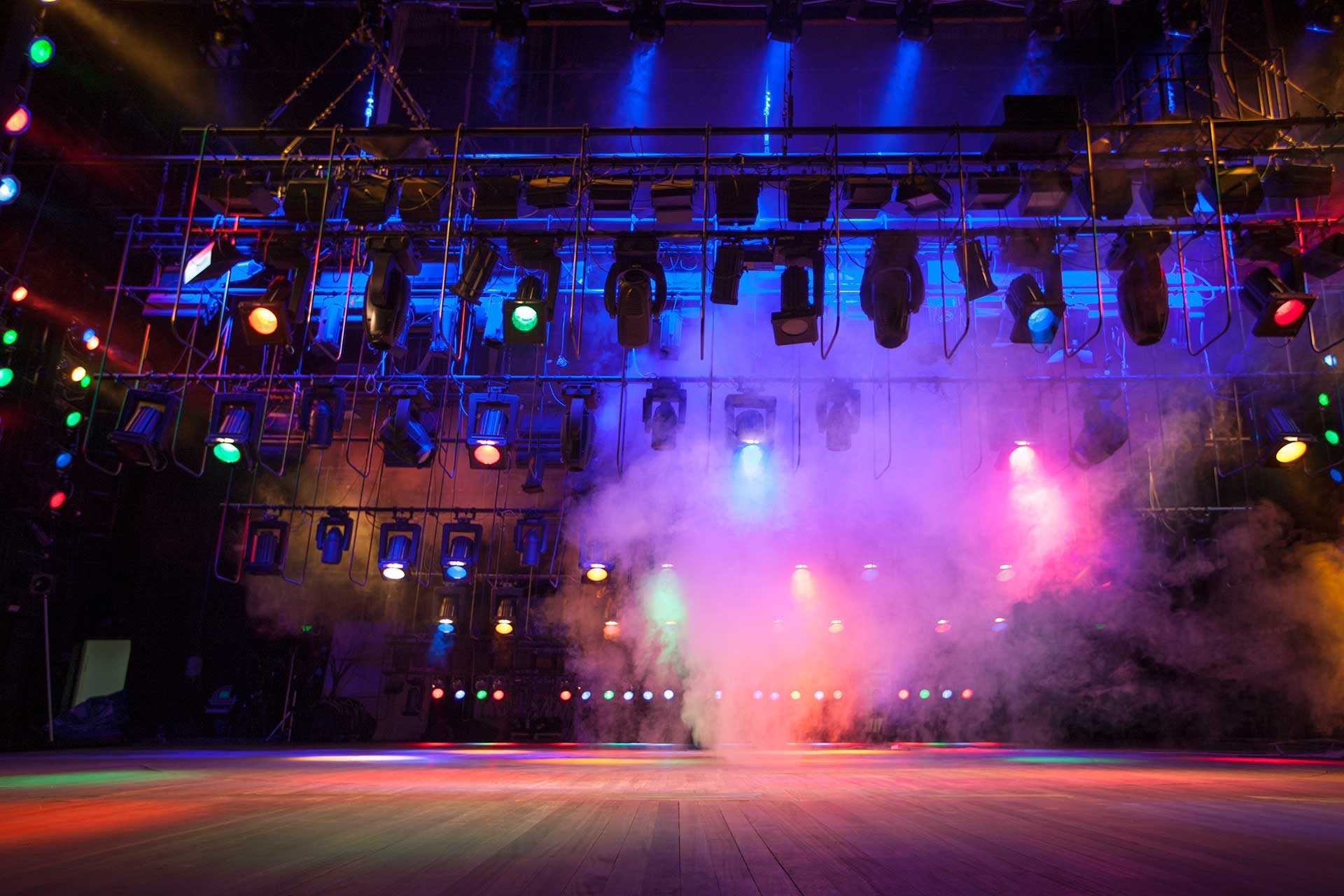Overview
Take time and space to develop your artistic voice by joining our MA Performance and Theatre Making. Firmly embedded in Kent’s thriving creative landscape, this course is aimed at graduates from theatre and performing arts degrees and other related subjects, as well as artists in theatre/performance who wish to take some time to develop or re-connect with their practice.
Whether you plan to work as a freelance artist, start a theatre company, or harness the power of the arts in other fields through your creative skillset, this intensive Masters’ prepares you through a holistic curriculum.
You will undertake performance training and develop your individual approach to dramaturgical practice in a range of forms, experimenting with elements of devising, writing, adaptation, or directorial/choreographic decision-making. To support your work as a ‘thinking practitioner’ you will also study the wider political, social and intellectual contexts of the field in Britain, Europe and beyond.
As the course progresses, you will conceive and realise more complex public-facing creative projects in your area of interest, and acquire best-practice skills in facilitation and inclusive audience/community engagement, in line with funders’ expectations. You will further apply and deepen your learning through placements or fieldwork study, alongside building your professional network and acquiring key skills in managing a creative career, such as marketing, branding, and developing funding applications. The course culminates in a theoretical or practical dissertation project, supported by supervision and completed through independent study and/or practice.
Why study Performance and Theatre Making at Kent?
A wide range of expertise
You will benefit from studying with a staff team of leading specialists in the field of theatre and performance, whose teaching is informed by their own creative practice and world-leading research across subjects such as contemporary performance practice, psychophysical performance training, adaptation and translation, community/participatory performance, arts and health, comedy and popular performance, physical acting, Shakespeare, and European theatre.
Students regularly connect with our staffs’ exciting activities in a range of areas, including participatory dance theatre (Moving Memory); autism, identities and creativity (Playing A/Part); Chekhov technique in and beyond theatre (The Chekhov Collective UK); performances and special projects led by staff in partnership with professional companies (such as Good Chance’s Walk with Amal, and Projekt Europa’s Project Encounter); our Funny Rabbit Comedy Club; performance opportunities offered by the Gulbenkian Theatre; and much more.
Join a supportive creative community
Drama at Kent is distinctive for developing and supporting innovative arts professionals, both through our courses and our bespoke Graduate Theatre Company Scheme. We celebrate our alumni’s achievements and contributions to the arts and to communities, including Olivier Award winners, companies leading in inclusive theatre- and dance practice, internationally recognised playwrights and actors, industry-shaping producers, and so much more. You can hear from our alumni directly via our ProperJob Gradcast, the podcast that asks how Kent Drama alumni have built their career as artists.
Become part of a vibrant academic network
Postgraduate Drama and Theatre studies at Kent provide a vibrant hub for the development of creative practice and research. We encourage postgraduate students to make use of our close links and contacts with local, national and international (especially European) theatre companies, venues, artists and research projects, to enhance their research and professional development.
Drama at Kent was amongst the first Departments in the UK to offer, since the late 1990s, MA and PhD degrees by practice-as-research. Our international staff team of leading and emerging researchers and practitioners has an excellent reputation for research and supervision, ranking in the top ten of UK institutions for research excellence in Drama and Film in the latest Research Excellence Framework (2021).
Excellent facilities
The award-winning Jarman Building offers professional standard drama facilities, along with social spaces and a dedicated centre for postgraduate students. In addition to the two performance studios and the Gallery in the Jarman Building, Drama & Theatre facilities across the Canterbury campus include two further theatre spaces – the 113-seat Aphra Theatre (a courtyard-type gallery theatre space) and the Lumley Theatre, which is a flexible and adaptable studio space – as well as further rehearsal facilities in Eliot College and an extensively equipped construction workshop and costume collection.

